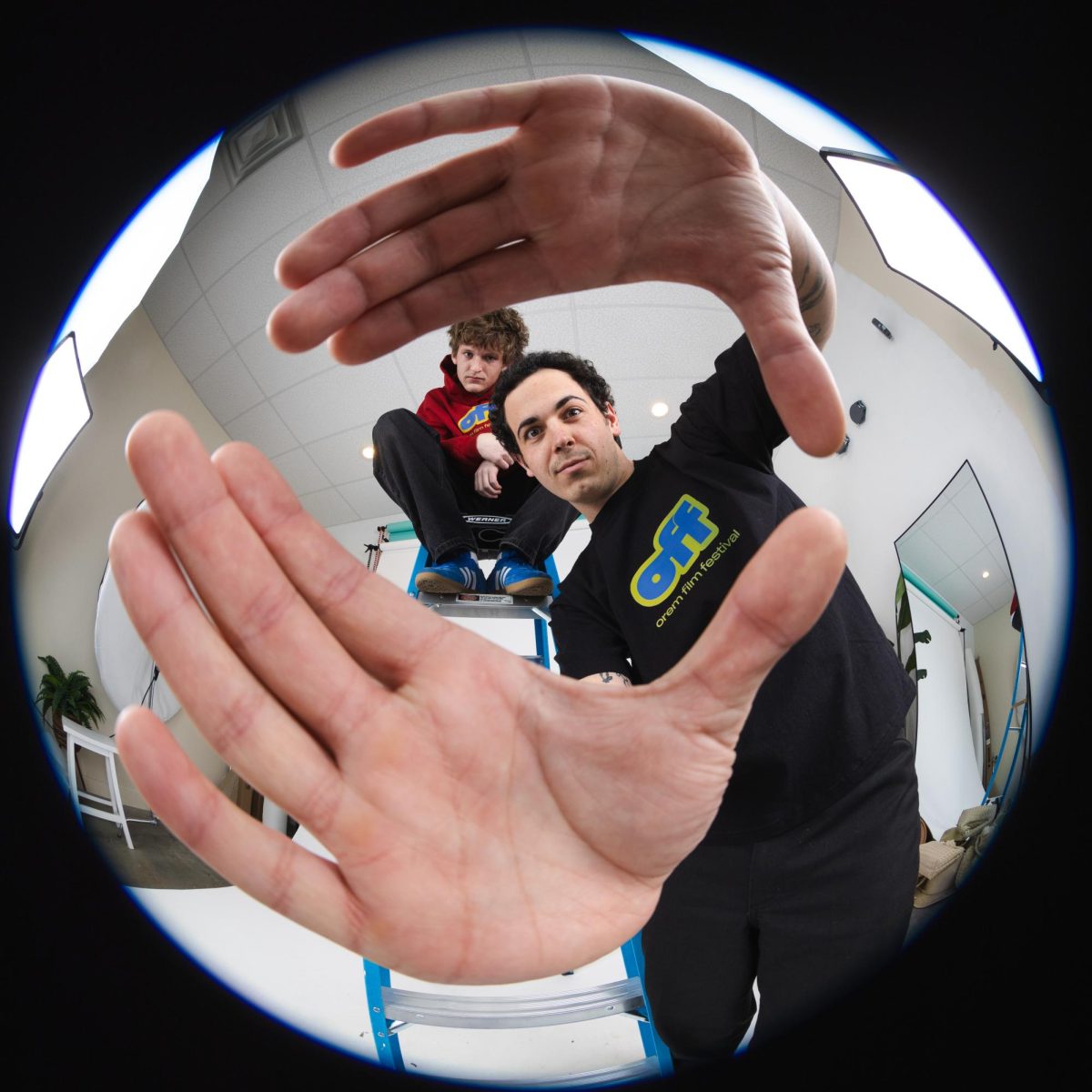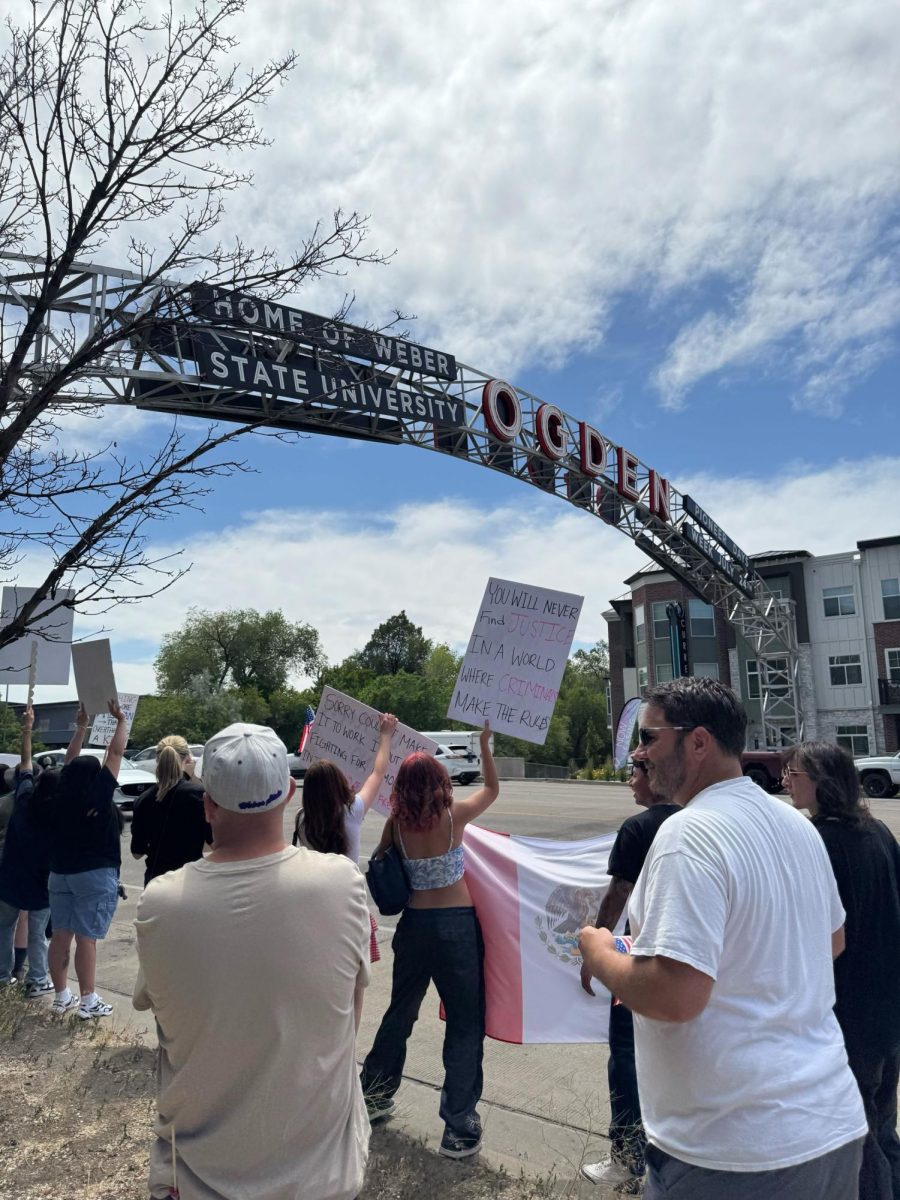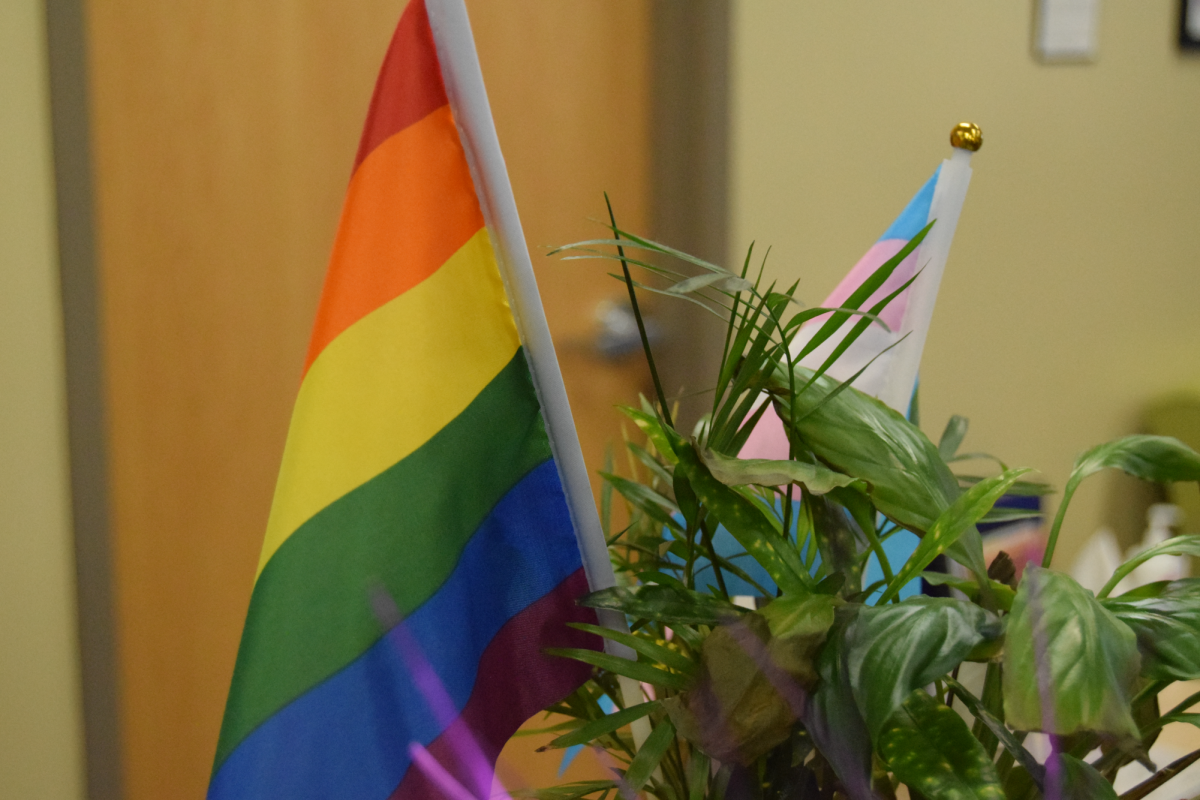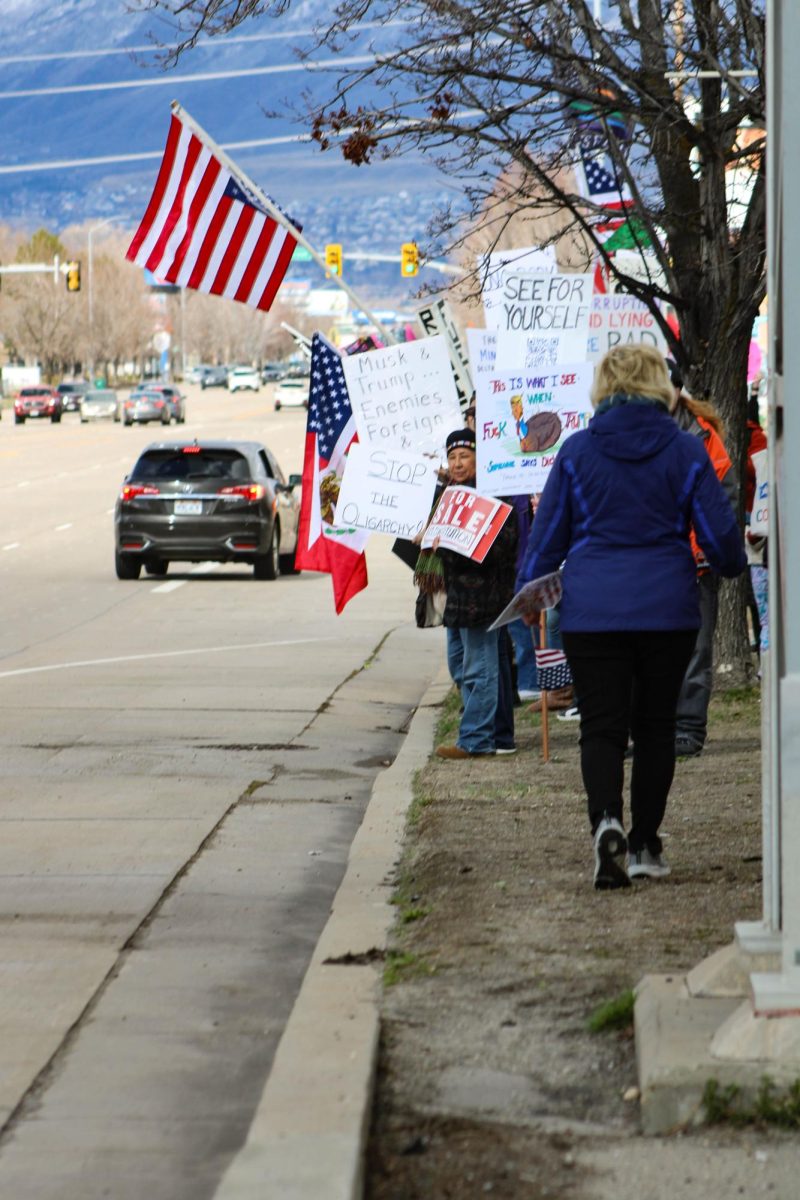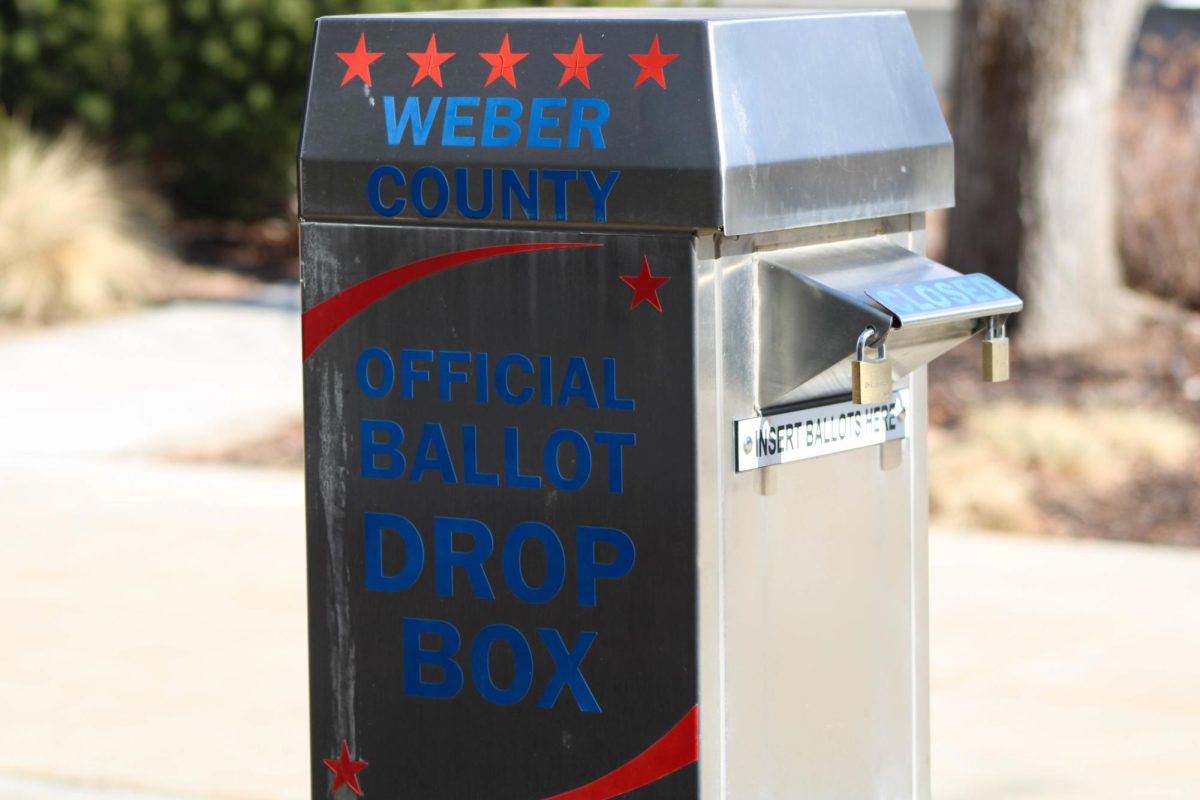Utah Law 53A-11a-301 requires schools to contact a student’s parent or guardian if the student is involved in any kind of bullying incident, whether he or she is being bullied or administrating the bullying.
“Gage Froerer, who is from Ogden, was the one to put the bill forward,” said Marian Edmonds, executive director at the OUTreach Resource Center. “What it says is that a parent needs to be notified if there is a bullying incident. So what we did is we publicized that and said, ‘OK, it’s great that parents need to be notified, but there needs to be parameters and help around so that the person who is calling the parent has information that can be helpful.’”
Children are bullied for various reasons, but one reason that can affect their home life is if they are being bullied for liking the same gender.
“It is not a matter of believing that parents should or shouldn’t be told that their child is being bullied,” said Adrienne Andrews, special assistant to the president for diversity. “The question, as I see it, is that whether or not we are willing to protect all of our students from harassment based on gender identity, expression or sexual orientation.”
Bullying can be prevalent with younger students, but many times, bullying happens on college campuses as well.
“I think there is absolutely bullying on college campuses, and there is bullying in adult workplaces,” said Annabel Sheinberg, director of education at Planned Parenthood. “I would say that at the root, a lot of bullying is about inequality and bias. A lot of things can be called bullying, like teasing and taunting, but it has to be repeated acts. There has to be an imbalance of power.”
In joining sports teams in college, sometimes players may be asked to do things no one should be asked to do. This is also common in college sororities and fraternities, which would be considered hazing. There is a fine line between hazing and bullying. According to Stopbullying.gov, hazing and harassment are defined separately.
“Two things students can do that would be most effective is creating a group on campus and trying to advocate on campus that bullying is not OK in a way that young adults can really understand,” said Brigit McDannell, part of Planned Parenthood’s teen council. “Maybe through something on Facebook. Talk to administrators. I think it’s important to involve the students as well as the dean of certain colleges.”
Unlike in elementary schools and high schools, parents of college students can’t be called. Family Educational Rights and Privacy Act requirements don’t allow parents the rights to school records unless the student allows them access.
Andrews said that if students see another student being bullied, they can speak up and explain how and what the person said that was hurtful to someone else.
“I have never personally seen anybody being bullied on campus,” said Shannon Jones, vocal performance major. “I don’t agree with it at all. I think that if I did see someone being bullied, I would want to step in. I remember in high school, there were people who would be bullied all the time. I just think it’s mean and pointless. Why would you talk down to someone else?”








